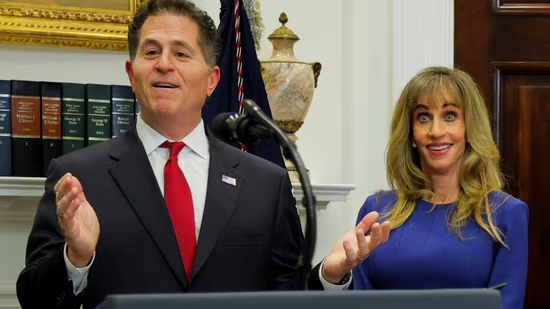U.S. Government Edges Towards Shutdown
- Alexangel Ventura

- Dec 20, 2024
- 2 min read
The United States government faced a near-shutdown this week as a result of stark policy disagreements in Congress related to financial policy.

As the U.S. national debt continues to surge, at some point, the government will ultimately encounter yet another debt ceiling crisis. This week's tension was clearly a signal of yet another debt-related issue preventing progress from being made in Congress.
To address the crisis, Speaker Mike Johnson along with many of his colleagues invented a new spending bill aimed at cutting government spending to lower the progression of the debt. So far, most Democrats and some Republicans have opposed his bill, leading to a stalemate in the House.
Donald Trump, the president-elect, urged his Republican allies to vote "YES" to the bill, which if implemented could go a step further in reducing the deficit. However, some moderate Republicans, whose votes are necessary in a thin House majority, remain defiant, preventing the bill from being passed.
With the dispute having no end in sight, Johnson might kickstart a government shutdown right before the holidays, as the Congress is almost going to run out of money without a funding bill being made. Johnson, for now, had remained defiant in this last-ditch step, as he remains hopeful that a spending bill could be reached.
In the event of a shutdown, over 50,000 federal employees will be without salaries during much of the holiday season leading into next year, resulting in severe economic strife. Additionally, 2+ million federal employees in other sectors like education and the military could face lower wages or other disruptions due to the government shutdown.
If a bill is not reached, Johnson will need to persuade the 119th Congress, which contains many House members who will be inaugurated in early January. Unfortunately, the House will be even more divided then than now, leading to a possible continuation conflict next year. This may spell disaster for the entering Trump administration, which will probably inherit this spending issue.









